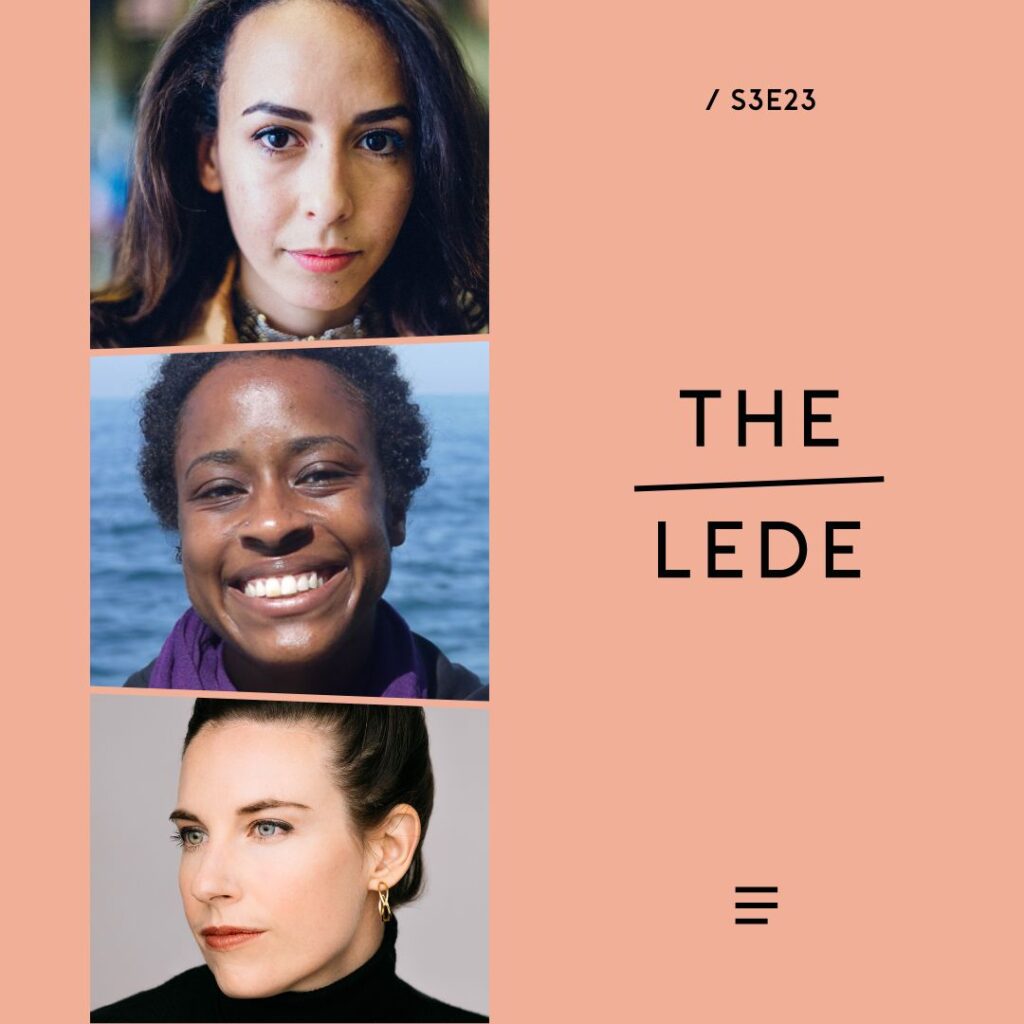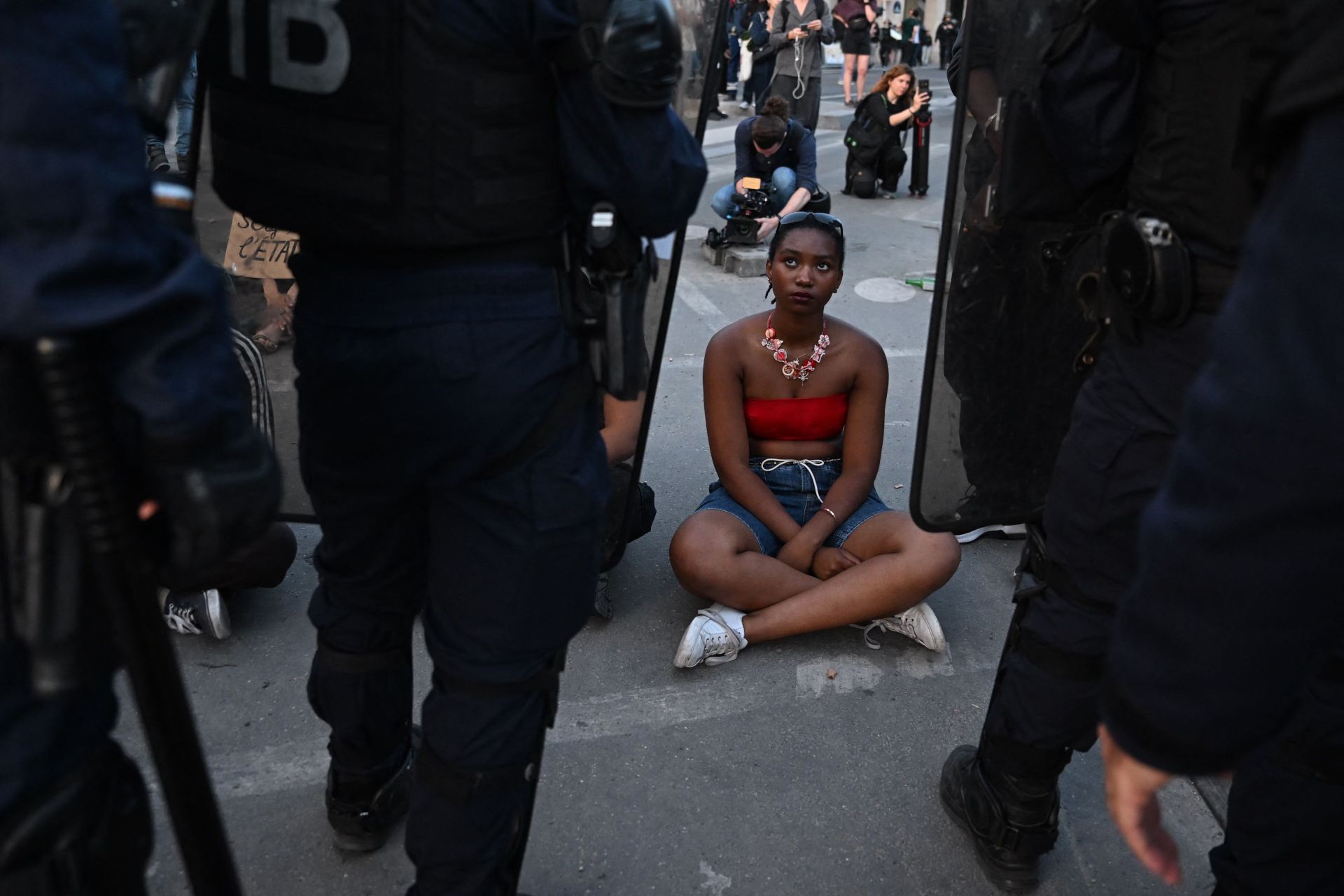Then-French Prime Minister Manuel Valls once remarked that “the Republic makes no distinction among its children.”
Valls was not just speaking in platitudes: The French Republic officially does not recognize racial or religious divides, to the point that the government refuses to collect data regarding race or religion.
“They don’t even recognize that as a category or as a box you can check on a form,” says sociologist Jean Beaman, an associate professor at University of California, Santa Barbara and the author of the book “Citizen Outsider: Children of North African Immigrants in France.”
“France really prides itself on not making distinctions between members of French society,” Beaman tells New Lines magazine’s Erin Clare Brown. “That no matter what your origins are, you’re just as French as anyone else.”
And yet some, apparently, are more French than others. The state might not see race, but its agents in the street certainly do. Young Black and Arab men from working class immigrant neighborhoods report regular experiences of abuse and humiliation at the hands of police across the country.
“It’s almost a ritual,” says journalist Chahrazade Douah. “They know it’s going to happen.”

“They’re not just angry; they’re terrified.”
After a 17-year-old boy named Nahel Merzouk was beaten and then shot in the head by French police during a traffic stop, a video of the incident kindled furious protests. Douah hit the embattled streets of France’s cities to talk to the young men involved.
“They’re very aware that it’s going to get them on the front page of the news,” Douah says. “That’s what they told me all over France: ‘We’re breaking everything because we know that’s the only way they’ll talk about us. They talk about us when we are dead or when we break things. Otherwise, we are invisible.’”
It was an act of fury, Douah explains. But it was also an act of desperation. In the eyes of the police, none of those protesting were any different from Nahel, the boy they had just seen murdered on video.
“I think we forget that these are teenagers. They have feelings. They are scared,” she says. “They’re not just angry; they’re terrified.”
Produced by Joshua Martin


